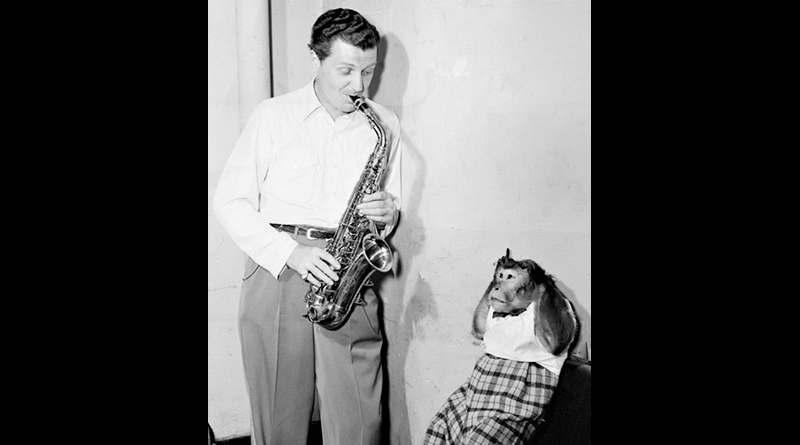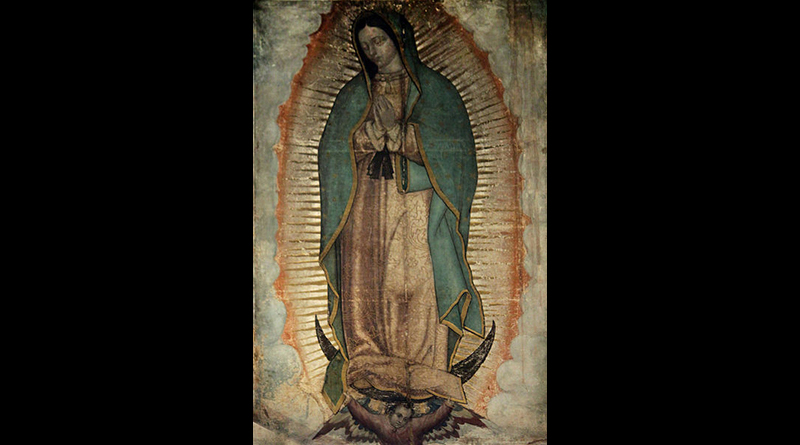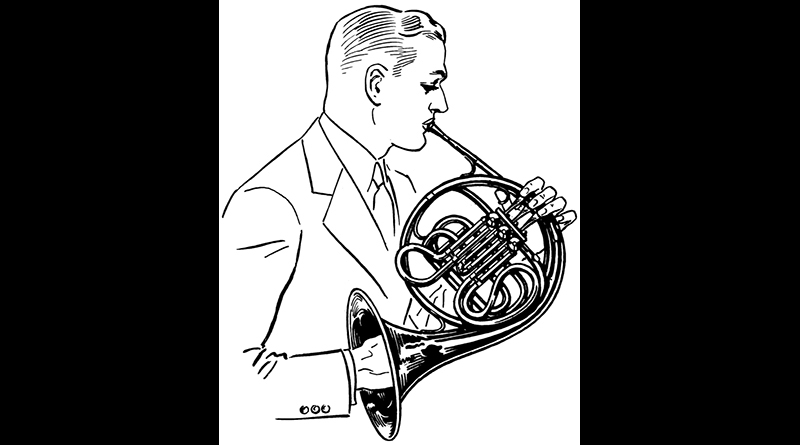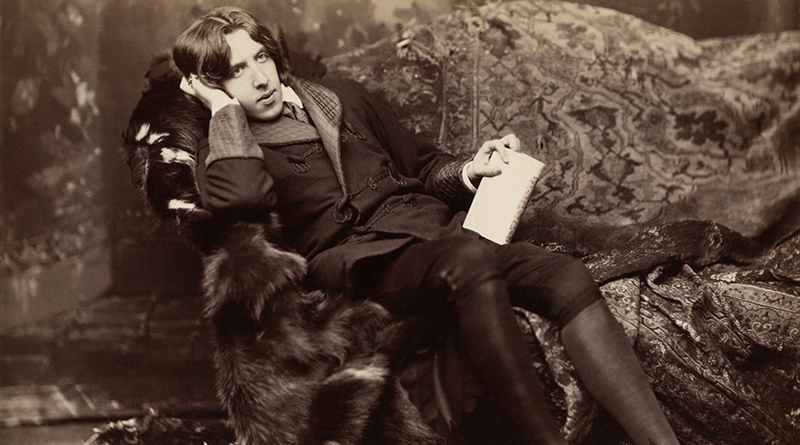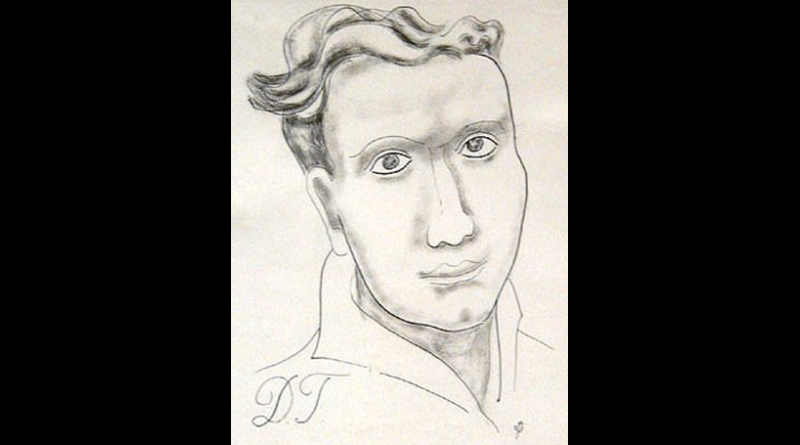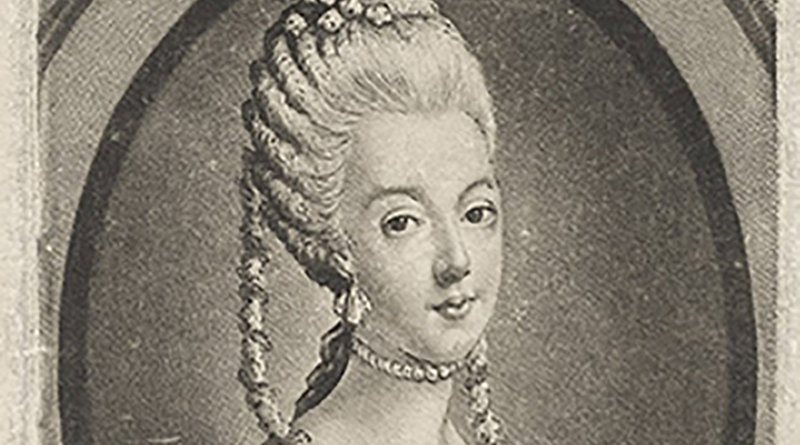While we were in California, it was decided that I should go to school in Chicago, where I had an aunt and uncle, Viva and Edwin K. Gordon. I guess my mother and grandmother figured I needed the presence of a man around the house. That was fine with me and off I went to Chicago. They were living in Evanston then, but they didn’t want me to go to Evanston High and somehow they were able to swing it for me to go to New Trier at Indian Hill in Winnetka. That was in 1929 and I went home to New York for the Christmas vacation.
New York looked even better to me than before and I hated the idea of returning to the Middle West, so on the way back I got off the train in Albany and spent the night there. In the morning, I took another train back to New York, and got a room in a fleabag hotel. The Elk, on West Fifty-third Street and Seventh. I sent my mother a letter telling her not to worry and then set out to find a job. It proved more difficult than I had anticipated. While my height belied my tender years, this was in the depression and it was hard to find any kind of work at all. My funds soon began to shrink alarmingly, so I hocked my dinner jacket to get by and moved to a hall bedroom on Hoyt Street over in Brooklyn, where the rate was four dollars a week. Because I remained fascinated with the world of theater and music, I eventually came up with a part-time job paying sixteen dollars a week as an usher at the Rialto Theatre on Times Square.
They used to rehearse and drill the ushers. As you said, “Seats are now available across the foyer and to the left, please,” you made a sidestep and gestured with your hand. They’d have inspections in the locker room to see that your fingernails were clean, your shoes shined, and your hair cut. It was the most discipline I had encountered up until then. Knowing all about my leaning toward show business, my folks rightly figured that Times Square would be the place to look for me and they had the Bureau of Missing Persons in full pursuit. They nailed me after a couple of weeks when another usher and I went out to eat during one of our breaks. At the corner of Forty-fourth and Broadway we ran into a friend of mine, Buddy Hill, with a detective.
There was a tearful reunion at home, but I think my grandmother was amused by it all. In later years I realized she had a sense of humor that she tried to keep hidden from others. Now they said that since I liked New York so much, how would I like to go back to Berkeley-Irving [school in NY]?
The second time around was much better for me there, because now I was one of the older kids. (Cesar Romero was long gone by this time.) What I had most on my mind was finding a place and an opportunity to play saxophone. Samuel Strasbourger, Jr., was a friend and fellow student who also played saxophone, and we tried to form a band. I think my first public appearance was with him when we played a duet at a “musicale” of the Music-Drama-Dance Club in the Waldorf-Astoria on the afternoon of March 16, 1929.
Julia Seargeant Chase was founder and president of the club. This wasn’t the kind of engagement I was really looking for and I’m sure our performance was horrifying. Then I met some guys who had a job at the Golden Pheasant Restaurant at Twenty-third Street on Union Square. Like many other Chinese-American restaurants around the city, it used a band at three sessions — lunch, dinner, and supper. They had bands from four pieces on up and there was dancing at nearly all these places, even at lunchtime when businessmen would come in and dance a little bit, maybe with their secretaries. Paul Tremaine, whose theme was “Lonely Acres,” had a real big band at Yoeng’s and was known for numbers like “She’ll Be Comin’ ‘Round the Mountain,” although they would mix in a little jazz here and there. Paul had a euphonium player named, I think, Lop Jarman. He had a magnificent waxed moustache that was as unusual in that kind of band as his instrument.
After I managed to get in the band at the Golden Pheasant, I would go to school in the morning, answer roll call, and take a couple of classes or go down to the boiler room to sleep on gymnasium mats. Just before noon, I would hop a subway to my job, play it, and then take the subway back to school in time to check out for the day, returning to the restaurant for the two evening sessions. Very little of an academic nature was learned, needless to say, so long as this schedule continued. My mother knew I was playing the dinner session, but she didn’t know about the one at lunchtime. — Charlie Barnet, in his book Those Swinging Years: The Autobiography of Charlie Barnet (read free)

